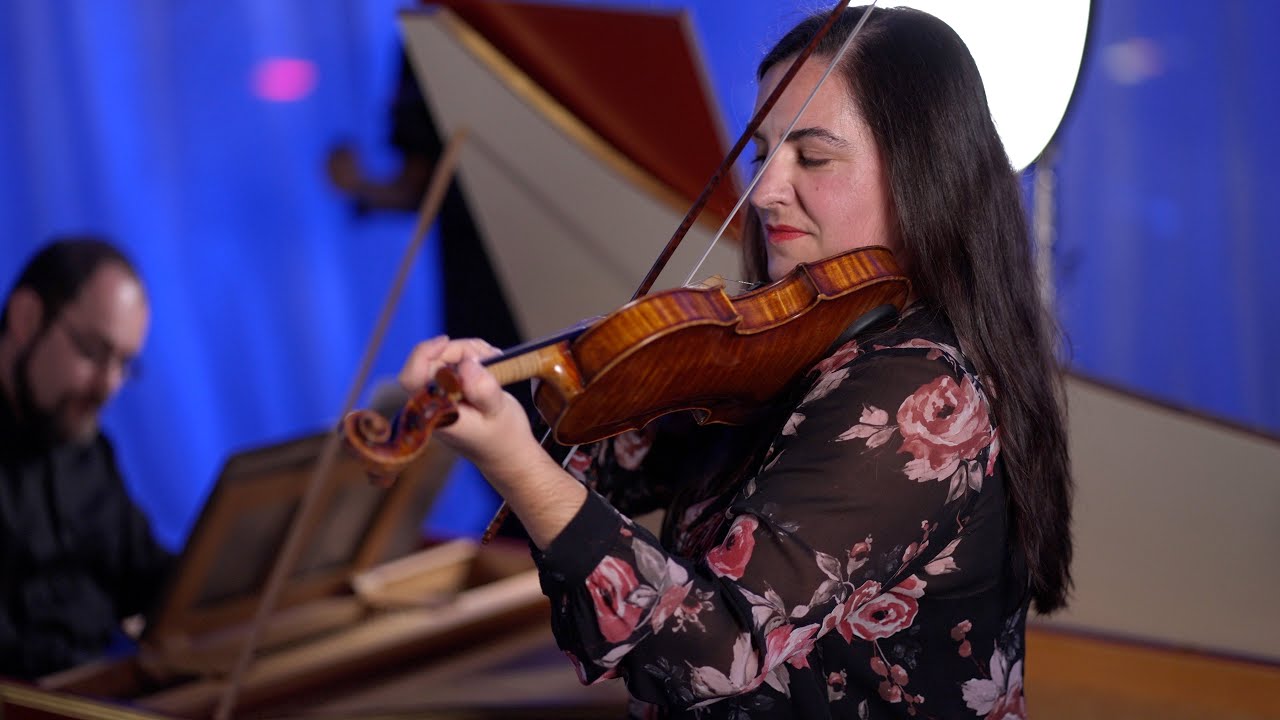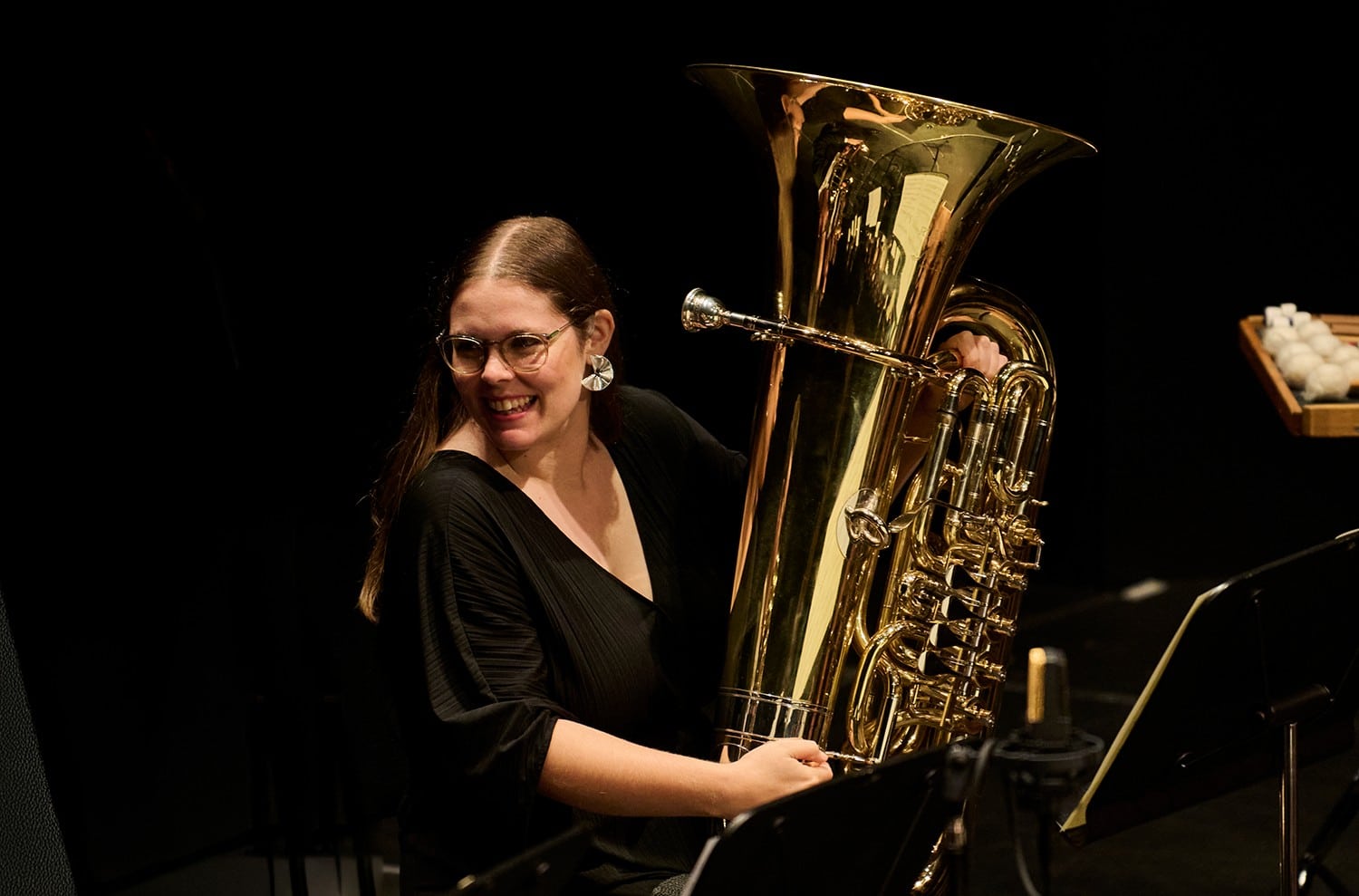‘Italy is no place for musicians’
mainThe quote comes from Ottaviano Cristofoli (pictured), principal trumpet in the Japan Philharmonic for the past five years, and they are taken up by Barbara Leone, deputy editor of the AlgaNews site.
Cristofoli says the only way a musician can survive in Italy is by accepting 50 Euros for a night’s work and agreeing to be paid ‘on the black’.
Leone adds that this week another 74 people, mostly musicians, were sacked by a symphony orchestra in Rome.
‘We have lost the theme,’ cries Leone. ‘At this rate, we will soon lose Italy’s last shred of cultural and historical identity.’
Read the editorial here (in Italian). Not many will disagree.






The same for Israel, unfortunately.
He’s absolutely right about Italy being a crappy place to work as a musician, despite the wonderful institutions, history and traditions that make Italy a music Mecca. First of all, if they are to continue with the public funding model, then the government has to face that classical culture is the core of what makes Italy unique, desirable to live in and in fact, the goose that lays their golden eggs. If they can’t simply support musicians in the major and smaller endeavors, then they need to put in place tax incentives to being philanthropic to culture and let these groups privatize. Perhaps there are Agnelli’s who would give towards building endowments or even foreigners that want Italy to keep being classical in every respect.
Nothing new; and this is not only in Italy.
We have now already over a year “art but fair” in the German-speaking countries, in connection with some well known and “liked” Facebook sites to fight this problem.
And you don’t have to go far, only to Vienna, to get a gig (if you are lucky and have your connections) with a world class orchestra for 60-80 Euros/night. 50Euros/night is actually far from the rock bottom in the free scene!
An orchestra forced to stop its activity is for me like burning a book. As an italian citizen and a world’s musician, I am very sad to see that in my country culture in general and music in particular are not considered as they should. I don’t know personally Mr. Cristofoli, but I agree with most of what he says. I don’t know personally Maestro La Vecchia, conductor and “spiritus rector” of the Orchestra Sinfonica di Roma, but I want to express my solidarity to him and to his musicians. Many things have to be changed in the italian political and cultural structure, and nobody will come out of this process with a snow-white tunica, but the insensibility of Italy’s political caste carries by far the biggest responsibility.
Unfortunately in Greece things are even worse, almost all conservatories are out of work because of financial shortness and half of the orchestras are shut down.